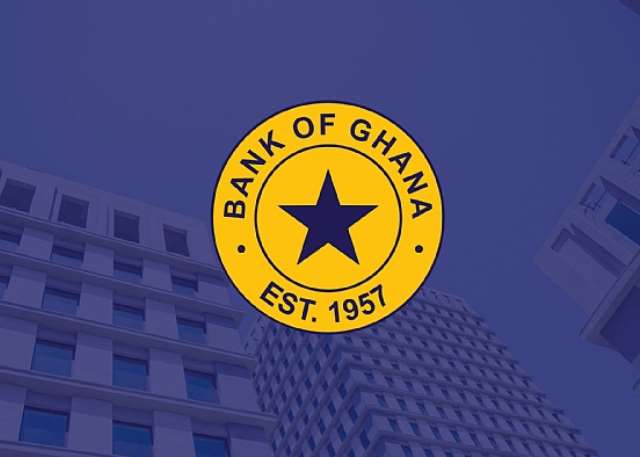Since the redenomination of the Ghana cedi in 2007, the Bank of Ghana (BoG) has accumulated losses totaling GH¢82.79 billion, according to data compiled by JoyNews Research. This figure starkly contrasts with the central bank’s cumulative profits of GH¢10.74 billion over the same period. The magnitude of these losses—more than eight times the recorded profits—points to a systemic issue that has lingered for a while.
The BoG maintained relative financial stability in the early years following redenomination. However, this trajectory changed in 2017, when the Bank recorded its first loss of GH¢1.6 billion within the period under review. The following year (2018) saw a temporary reduction in losses to GH¢793 million. However, in 2022, the Bank posted a historic and unprecedented loss of GH¢60.8 billion, largely attributed to the government’s Domestic Debt Exchange Programme (DDEP). The downward trend continued in 2023, with a restated loss of GH¢13.23 billion, and most recently in 2024, with a further GH¢9.49 billion in losses.
A major contributing factor to the BoG’s current fiscal woes is the haircut it suffered during the DDEP, which was a key component of the government’s macroeconomic recovery framework negotiated with the International Monetary Fund (IMF) under a $3 billion Extended Credit Facility. The central bank’s holdings of government securities were restructured, resulting in sharp reductions in their value and significantly impairing the Bank’s balance sheet.
In addition to the DDEP-related losses, the BoG has faced persistent challenges from foreign exchange losses and the high costs associated with Open Market Operations (OMO). In fact, the volatility of the cedi—driven by inflationary pressures and external shocks—has contributed to net valuation losses on the Bank’s FX reserves. Meanwhile, the cost of liquidity management through OMOs—necessary to control inflation and stabilize the money market—has grown substantially in recent years, adding to the operational deficits.
As a result of these pressures, the central bank now finds itself in a position of negative equity, raising concerns about its long-term financial viability. Current estimates suggest that the BoG would require approximately $5 billion to restore its balance sheet through recapitalization.
Four potential approaches have been tabled to restore the BoG’s capital base. These include: recapitalization through direct budgetary allocations from the Government of Ghana; transfers of state-owned assets to the Bank; suspension of profit transfers from the Bank to the government until equity is restored; and the use of fiscal buffers created under the ongoing IMF programme.
While these options are under consideration, the government has already signaled constraints regarding its ability to support a full recapitalization through the national budget. Finance Minister Dr. Cassiel Ato Forson has made it clear that the state’s limited fiscal space—compounded by high debt servicing costs, a large wage bill, and substantial arrears—makes it nearly impossible to fund the entire recapitalization from the budget alone.
The situation presents a complex dilemma. A financially distressed central bank weakens the broader economy’s resilience, undermines monetary policy transmission, and may hinder investor confidence in Ghana’s economic recovery framework. At the same time, with the country operating under tight fiscal constraints, finding a pragmatic solution that restores the BoG’s capital without derailing macroeconomic stability remains a daunting task.
For now, although the Bank of Ghana continues to record losses, it is benefiting from forex inflows through the GOLDBOD initiative and an improved remittance framework. These have strengthened its access to foreign exchange, allowing it to perform key monetary responsibilities more effectively.
DISCLAIMER: The Views, Comments, Opinions, Contributions and Statements made by Readers and Contributors on this platform do not necessarily represent the views or policy of Multimedia Group Limited.
DISCLAIMER: The Views, Comments, Opinions, Contributions and Statements made by Readers and Contributors on this platform do not necessarily represent the views or policy of Multimedia Group Limited.


